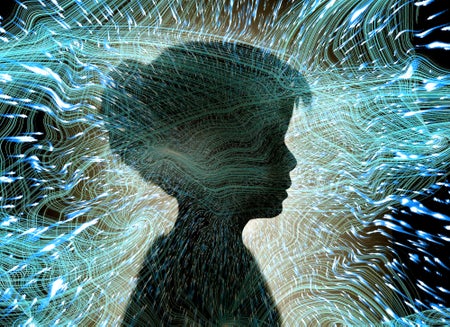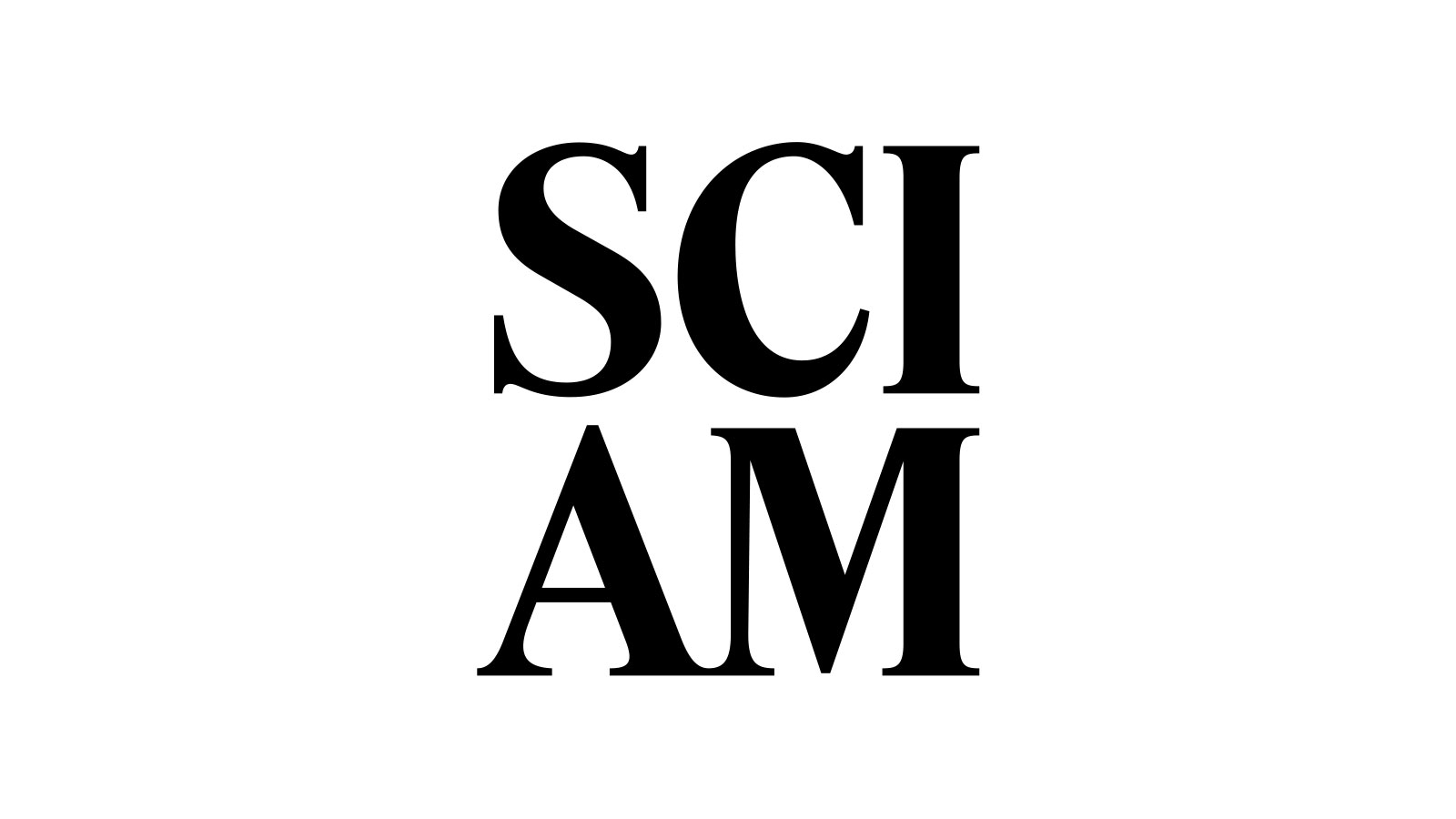
AI Chatbots Seem as Ethical as a New York Times Advice Columnist
Large language models lack emotion and self-consciousness, but they appear to generate reasonable answers to moral quandaries
Dan Falk is a science journalist based in Toronto. His books include The Science of Shakespeare and In Search of Time. Follow him on X (formerly Twitter) @danfalk and on Threads @danfalkscience

AI Chatbots Seem as Ethical as a New York Times Advice Columnist
Large language models lack emotion and self-consciousness, but they appear to generate reasonable answers to moral quandaries

Has Quantum Physics Determined Your Future?
Everything in the universe may be preordained, according to physics

Eclipses Reveal a Comforting Clockwork in Our Chaotic Universe
Eclipses bring the future—or at least a tiny sliver of it—into sharp focus

Why Is Superconductivity Research Plagued by Controversy?
A materials scientist unravels the hype around research on high-temperature superconductor research like LK-99

Is Consciousness Part of the Fabric of the Universe?
A theory called panpsychism proposes that consciousness is a fundamental aspect of reality
Learning to Live in Steven Weinberg’s Pointless Universe
The late physicist’s most infamous statement still beguiles scientists and vexes believers
Is Dark Matter Made of Axions?
New experimental results suggest these long-sought subatomic particles could explain the universe’s missing mass
Must We All Become More Creative because of the Pandemic?
It worked for Shakespeare and Isaac Newton during plagues, but let’s not put more pressure on ourselves than we already have
Ultraprecise Measurement Pinpoints the Proton’s Size
Scientists are finally approaching a consensus on the decades-old question
Cosmos, Quantum and Consciousness: Is Science Doomed to Leave Some Questions Unanswered?
Physicists, philosophers debate whether research can ever solve certain mysteries of the universe—and the human mind
But Did They Do It on Purpose?
In non-Western societies criminal intent can matter less when judging wrongdoing
See-and-Tell AI Machine Can Describe Objects It Observes
Building on advances in object recognition, machine translation and neural networks, scientists have developed software that converts pictures into sentences

Science's Path from Myth to Multiverse
In his latest book Nobel Prize winner Steven Weinberg explores how science made the modern world, and where it might take us from here

A High-Flying Web May Catch the Beginning of Time
This winter an airborne experiment named Spider will probe the earliest remnants of the universe

Shakespeare and Science, Part 2
Dan Falk discusses his latest book, The Science of Shakespeare: A New Look at the Playwright's Universe

Shakespeare and Science, Part 1
Dan Falk discusses his latest book, The Science of Shakespeare: A New Look at the Playwright's Universe

What Shakespeare Knew about Science [Excerpt]
William Shakespeare may well have been more aware of his era’s science—including the Copernican view that the planets revolve around the sun—than has generally been thought